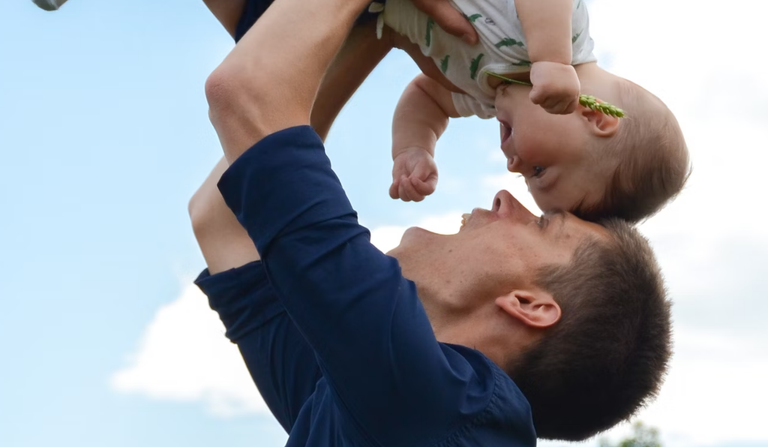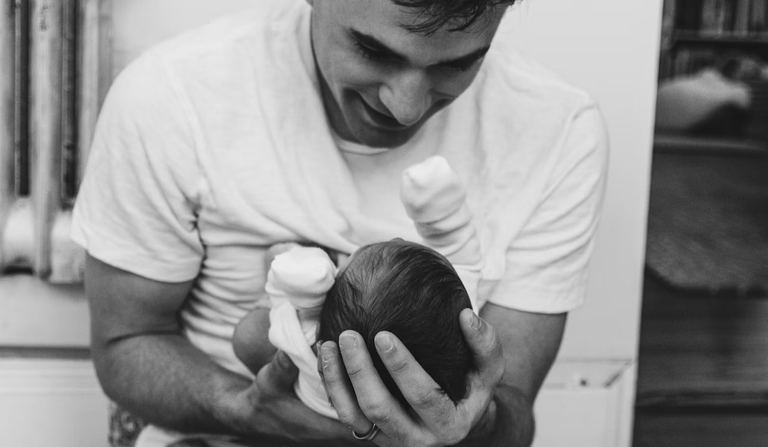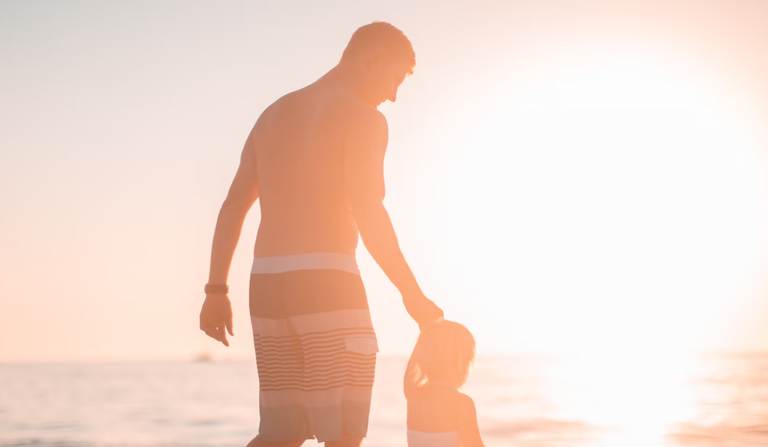The Psychology of Play- Fathers

Have you seen children playing? Picking up dirt, simulating complex ideas, building sand castles, making friends playing mummy and daddy. It's all a complex interaction that requires much brain function to attain. But what is weird about all this is that animals are also capable of performing this complex act of play.
In fact, some studies have found that rats are able to play in a similar way. Particularly rough and tumble play. It is very essential for the survival of the species that most mammals are cuddled and played with.
There are some studies that have also shown that if rats don’t engage in rough and tumble play, they turn out to have features of Attention Deficit Hypersensitivity Disorder (ADHD).
But it doesn’t particularly stop there, in humans it is the case that we are more complex and so it's not just ADHD. There is a growing body of knowledge about children who grow up in single-mother homes becoming more prone to externalizing behaviour.
Externalizing behaviour includes aggression, defiance, impulsivity, rule-breaking, conduct problems oppositional behaviour, hyperactivity and risk-taking behaviour. Externalizing behavior is seen in Antisocial Personality Disorder, Conduct Disorder, and Attention Deficit Hyperactivity Disorder. The majority of those who eventually make up the prison population are those who exhibit this sort of externalizing behaviour.

In one of Kevin Harts's stand-up tours (What Next?), he made reference to the fact that men tend to be the ones who play with children the most in the family. Everyone in the crowd could connect to that joke even though some of them never grew up with their fathers. In America 40% of all children live in single parent homes according to the 2023 statistics (this is about 66% among black Americans and 9.5% in Nigeria).
So even though that mixed crowed would have not spent as much time as they could with their fathers and many of them might have been separated from their children they either knew from experience that a man’s favorite play with children is to pick the child and throw them up as high as they can.
Playfully speaking, of course, we do this till the mother of that child comes screaming “I carried that child for 9 months please put him/her down!”.
There appears to be a strong association between single motherhood and externalizing behavior and some like Jordan Peterson have hypothesized that the studies done on rats also apply to humans but recent studies are still not sure of the mechanism through which this takes place.
If Existentialist are right then much of these observations might be heavily related to the type of play that mothers engage in which tends to be protective and cuddling in a way. If her protective instincts towards the child stem from pregnancy and birth then we can argue that her intuition is biological.
It's also biology that causes the child to grow, grow beyond the capacity of the uterus, and grow beyond the capacity of her arms(her hold).
Fathers exist in a way to facilitate growth. From his input in fertilization and maturation of the zygote to the point where he attempts to lift the child above himself.

Fathers tend to be the ones who play with children in ways that expand their physical capabilities, mothers do too but not to the extent that fathers are known for. Throwing children up, and wrestling with them expands their psycho-motor function. It also shows them the boundaries between play and pain.
My dad loved long tickle sessions while he was watching the news…He’d tickle me and my responsibility was to break his lock or laugh to death. Me and @belemo would spend hours wrestling on our brother's bed.
Losing a Father
My father is the most awesome person I know personally probably because he thinks nothing of it, he just lives out the truth unopposed by reality. He is who I picture myself becoming in very little ways as time progresses.
A man who does not fight with reality will allow reality to forge his triumph
- INFORMED DECISIONng (the playbook)
My father is alive.
I once watched a 4-year-old and a 3-year-old emulate their lost father. It was a play for both of them one would take the role of father and the other would be son and they would switch. It almost brought tears to my eyes knowing there was a big unresolved part of their life.
The way younger children process loss is very different from us as adults, adults understand the permanence and irreversibility of loss but that has not been fully grasped by children.
Because children do not have the ability to cope with loss the way we do as adults, they may play out scenarios where their loved one would react in a certain way or say one thing or the other.
In those kids' play they would say “Carry me!” and of course, they would hurt each other in an attempt to carry themselves and then apologize in the same manner that their father would whenever they would hurt themselves.
I am not writing this post to say that mothers are unimportant but I was hoping to have a conversation that is based on the available science on the matter. I am sure we can have a conversation about a father's encouraging love without belittling the place of a mother’s nurturing love.
*- What are your thoughts on the role of fathers in the family, particularly in relation to play and physical engagement with children?
- How do you think play and interaction with both parents, including fathers and mothers, contribute to a child's development and well-being?
- Do you agree with the idea that fathers tend to engage in play that expands a child's physical capabilities while mothers have a more protective and nurturing approach? Why or why not?
- What impact do you think the absence of a father or mother has on a child's development, and how might they compensate for this absence?
- How do you perceive the differences between single-parent households and two-parent households in terms of child development and behaviour?*


Thanks for your contribution to the STEMsocial community. Feel free to join us on discord to get to know the rest of us!
Please consider delegating to the @stemsocial account (85% of the curation rewards are returned).
You may also include @stemsocial as a beneficiary of the rewards of this post to get a stronger support.